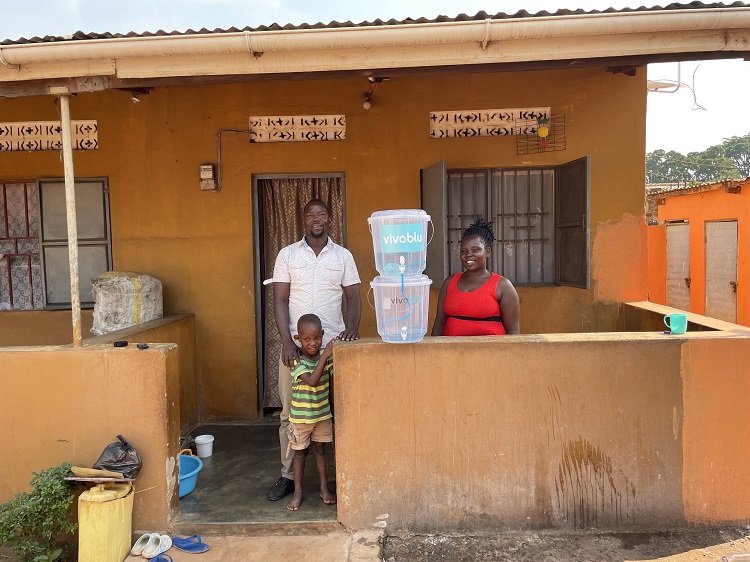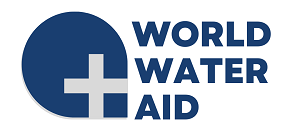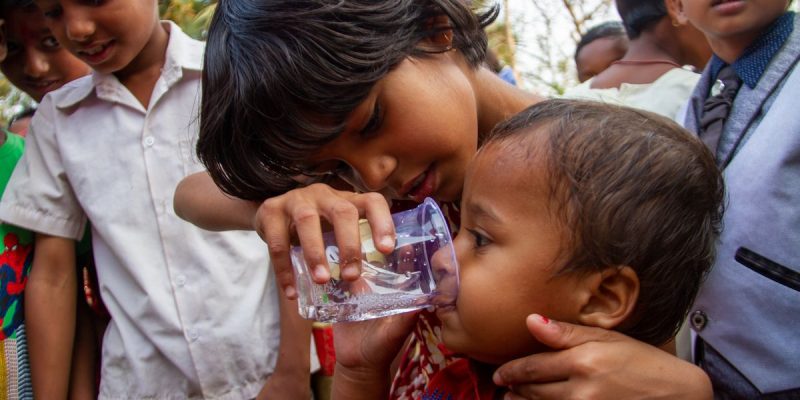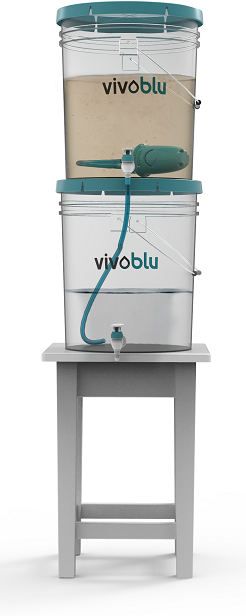Having clean, safe water in rural households improves the situation of poor women and children. Rural women and girls are responsible for fetching and boiling water and gathering wood for fuel. When boiling water, they are exposed to harmful smoke and, when gathering wood in isolated areas, they face increased risk of snake bite, robbery, and sexual violence.
Our clean water program eliminate the need for this unnecessary work, as well as lowering the risk of waterborne disease—which is highest in children under the age of five. As the traditional managers of day-to-day family expenses, women also benefit directly from reduced expenditures on medical treatment, charcoal, and wood.
It would be great to live in a world where everyone has access to clean water… where mothers can provide safe, clean water to their children… where sickness doesn’t rob those children of their education and childhood. Can you envision a world where money doesn’t have to be spent purchasing medication for preventable diseases, but is, instead, spent feeding their children. Imagine a world where parents can feel healthy enough to work and earn a living so they can help change their world for the better.
Our clean water program deploys cost-effective membrane filters worldwide to provide needy families with clean water. A major advantage of membrane filtration is that it is versatile. This water treatment can be produced and adapted to filter out almost any substance ranging from pathogens, bacteria, and other harmful chemical pollutants. It also requires no chemicals, little maintenance, and has a long lifespan.
The World Water Aid Solution
World Water Aid partners with Vivoblu Inc., who has developed a purpose-built, rugged water filter for the developing world and disaster relief situations. We have researched and tested various water filters in real developing-world conditions for our programs and have found consistently that the Vivoblu water filters are the best and last the longest. Vivoblu filters are getting great customer and end-user reviews and have shown excellent results in the villages and communities where we serve. Some of the benefits of using hollow fiber are:
- There are no chemicals required.
- A user can clean the filter by rinsing the outer fibers with water to remove particulates and increase the filter’s life.
- Hollow fiber exceeds regulatory standards of water quality.
- There is no shelf life maturity for the fiber.
The water filter system you can donate comes with everything the end-user needs to turn any water source into clean, safe, drinkable water for their families, including a Vivoblu water filter, two buckets, spigots and tubes. Studies have shown that access to safe, filtered drinking water in third world countries reduces the risk of water-borne illnesses by as much as 57 percent. We are seeing remarkable improvements in water quality and user health in every community where we work.
The Full System
Our water filtration system works using gravity alone in a two-bucket system, with no electricity or water infrastructure needed other than the included system parts. The filters we use are purpose-built using hollow fiber membranes, similar to those used for kidney dialysis. Hollow fiber membranes (also called Ultrafiltration) work through size exclusion to remove particulate and molecules from contaminated water. The hollow fiber tubes have thousands of tiny holes (0.1 microns) that block 7 log (99.99999%) of harmful bacteria, Giardia, E.coli, protozoan cysts, Cryptosporidium, and typhoid, with no additional chemical disinfection required.
The top bucket holds 18 liters (about 5 gallons) of dirty water that flows into a similar 18-liter lower bucket, where the clean water is stored to avoid recontamination. The filter sits in the top bucket and can deliver 18 liters (~5 gallons) of clean water every 15 minutes. After the water is filtered, the bottom bucket provides clean water storage until used. Storing the clean water in a closed system reduces water contamination after filtration. The size of this two-bucket setup is perfect for almost any family in the developing world or in disaster relief situations.



